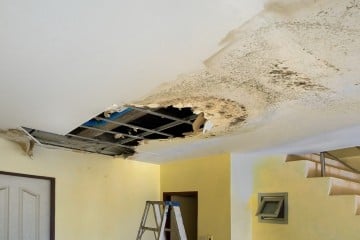"If you’re looking to save money on your flat insurance, my top tip is to make sure you’re getting the cover you need and not over-insuring your flat. For example, if you own a flat with a leasehold, you probably only need contents insurance as buildings insurance is the responsibility of the freeholder.
Next, make sure you compare quotes. Don’t auto renew or jump at the first option."










